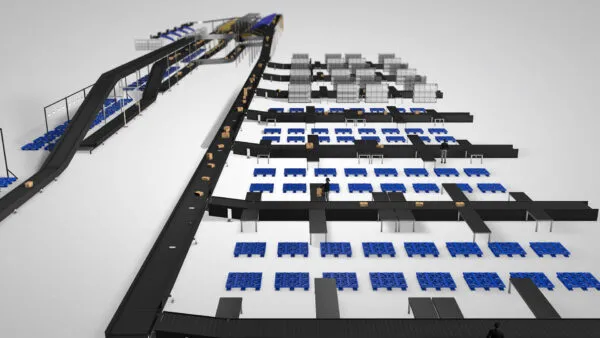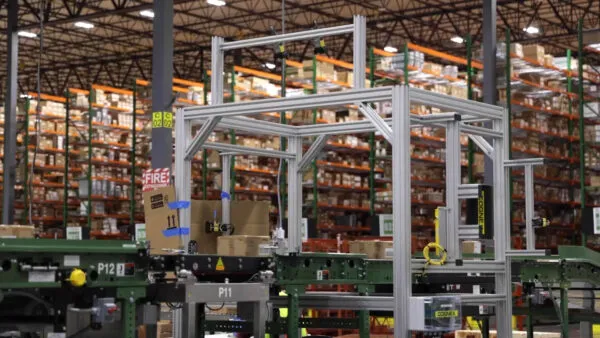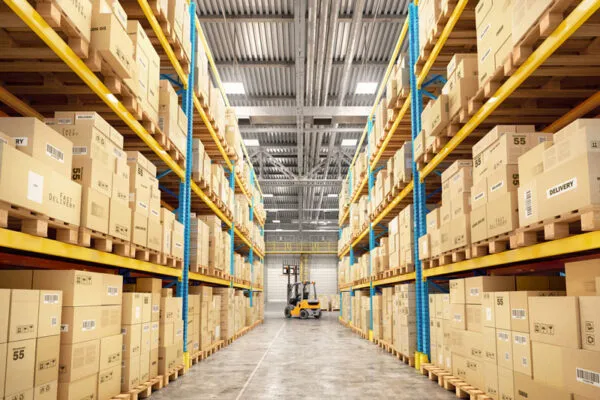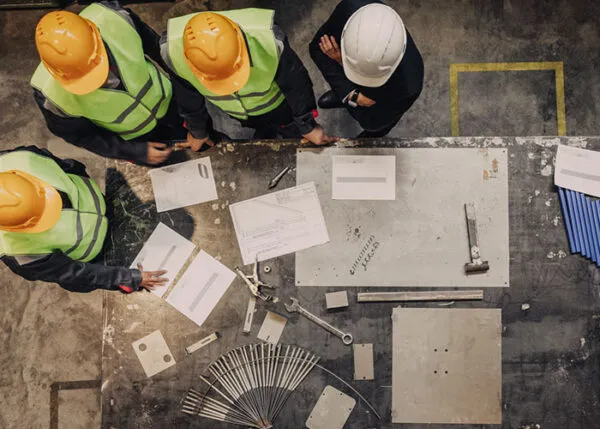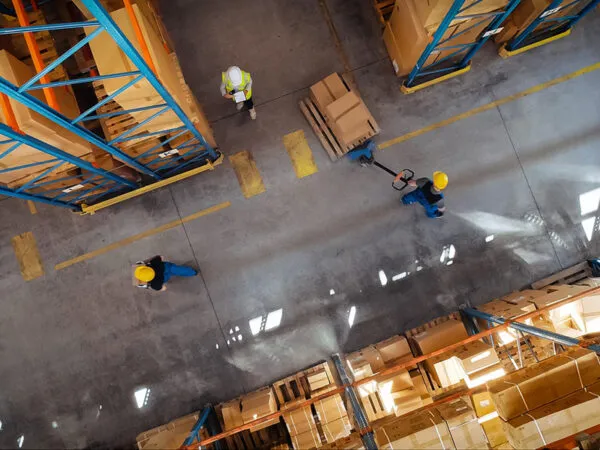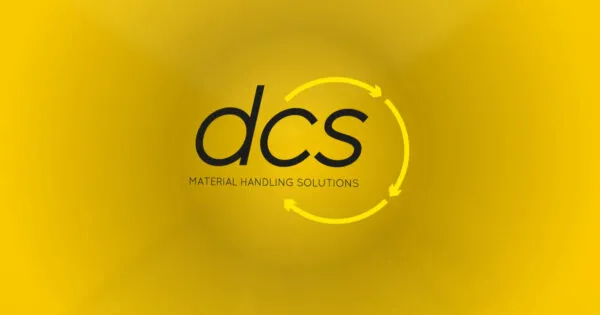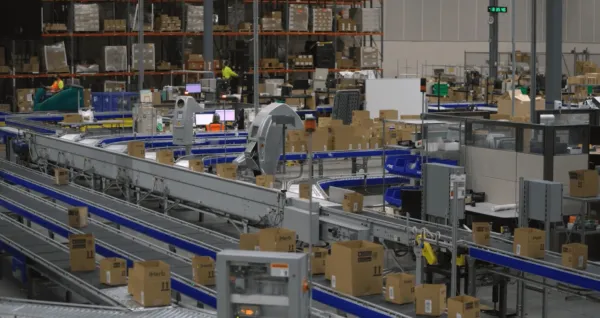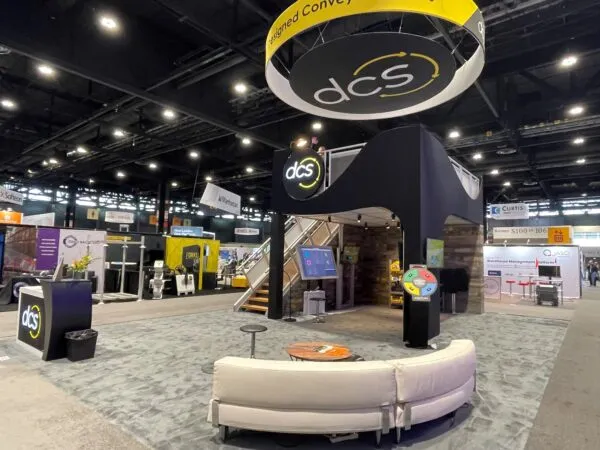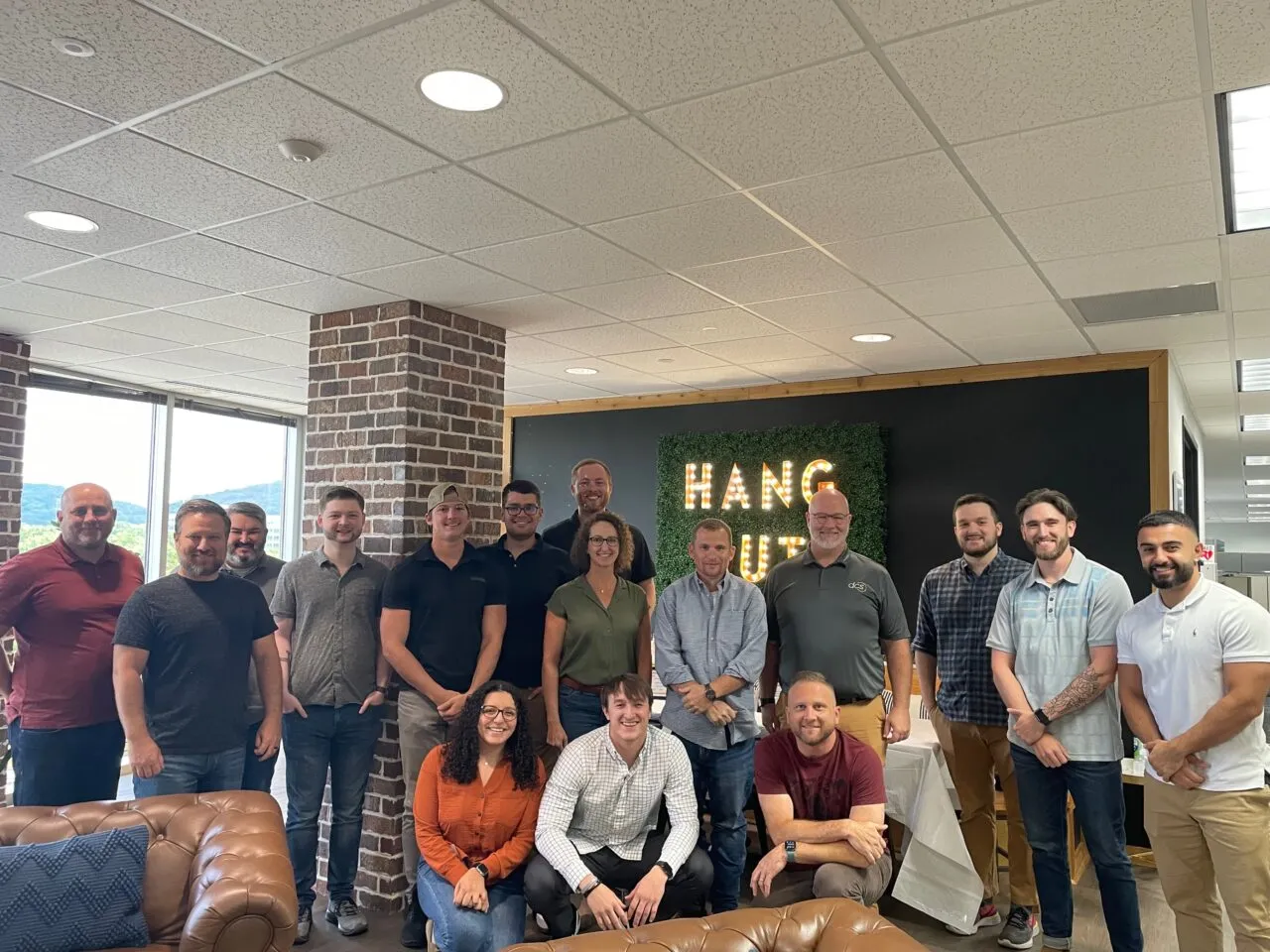Even as the world begins to settle into the “new normal” of post-pandemic life, the talent shortage persists across many industries. Indeed, according to the U.S. Bureau of Labor Statistics’ latest data, more than 10.7 million job openings exist. Companies throughout the supply chain industry are not immune to these hiring challenges — DCS included. As our company continues to grow, we’re always looking to add to our ranks across the board, and within our engineering department.
While we’re perpetually working to attract seasoned engineers who possess years of professional experience across our three primary disciplines — applications engineering, mechanical engineering, and product design engineering — we saw an additional opportunity to apply our creativity to the talent shortage challenge. After several months of brainstorming, we implemented a new approach specifically targeting the workforce of the future. We created a formal program to hire and develop freshly minted engineering graduates at the outset of their careers: the DCS Engineering Development Program (EDP).
Hiring new graduates, we decided, was probably the easy part. What we were most focused on, however, was hiring people who were a best match to DCS’ culture, and — perhaps even more importantly — doing everything we could to set them up for a successful, long-term career here. Because we recognize that new graduates still have a lot to learn when they start a new job at a new company, we created a curriculum for the EDP that provides specific, applicable, and tailored training to these new team members before assigning them to project-related work.
This, by the way, was no small task. Everyone on the current engineering team was asked to participate in the development and delivery of this program in some way, with around 15 being more heavily involved. It was important to us that we cover a variety of topics, but not present an overwhelming amount of information. There were also many discussions around hiring the “Goldilocks” number of new graduates: not so many that we couldn’t effectively support each person’s development, but not so few that our company didn’t gain the right number of additional talent resources.
Ultimately, after three months of intensive planning and preparation at the end of 2021 — followed by a three-month active recruiting initiative where the openings were posted and shared across college and university campuses nationwide in the first quarter of 2022 — we had a pool of 60 applicants to consider. Of those, we selected and interviewed more than 20 applicants. DCS was pleased to hire six graduates from five highly regarded engineering programs:
The inaugural group of EDP new hires started in June 2022 with the first six weeks dedicated solely to participation in the training program.
What the DCS EDP Includes
The DCS engineering team identified four key areas of focus that we believed were foundational to helping our newest hires succeed. That is, the EDP training curriculum was designed around the unique way DCS works to result in engineers who are better prepared to contribute to project work more effectively and more productively from the outset of their first assigned project. The four categories include:
- Technical Training. It’s rare that engineering degree programs offer instruction specific to supply chain or material handling. Therefore, it was unsurprising that all six of our newest hires were somewhat unfamiliar with the types of systems, equipment, and technologies that DCS works with every day. The bulk of our “classroom” style training included instruction on the basics of the key conveyor and sortation systems and other automated technologies we implement for customers across parcel handling, e-commerce, and distribution applications.
We also reviewed engineering drawings and compared them to specifications on actual projects to increase their familiarity with how concepts relate to reality. Further, we took several trips out into the field to meet with key original equipment manufacturer (OEM) partners for hands-on experience with the technologies. We also visited several DCS projects in various stages of implementation — from project start-up to installation to post-commissioning support — so the new hires could see how a design progresses from the computer screen to the four walls.
- Skills Development. Although all engineering students have a degree of exposure to computer-aided design (CAD) software and programs, not everyone has used the same version that we use in our department. This portion of the training not only helped our new hires gain hands-on experience with the software, but they were also tasked with creating a series of progressively complex project drawings based on actual project parameters. Guided and overseen by members of our engineering teams, the program participants got immediate feedback and suggestions for improvement, as well as had questions answered in real-time to help them learn DCS’ design process more quickly.
- Professional Development. Several members of our leadership team graciously agreed to share their own professional progression with the group. In a series of informal, face-to-face chats, members of DCS’ upper management took the time to offer insights into their own career development and growth, lessons learned, challenges overcome at different points through their advancement, and the professional decisions that led them to their current roles. The young professionals reported that they found these question-and-answer sessions to be among the most valuable within the EDP series.
- Networking and Engagement. Because we wanted to ensure that our newest group of engineers made connections with each other and with others throughout DCS, we asked them to be on site in our offices a minimum of three days a week for the first six weeks. This helped them to build camaraderie, as well as greater familiarity with our processes and systems. We also hosted several social outings for the group, including dinners, trips to the movies and the driving range, and other gatherings. Because this group will be collaborating frequently among themselves and with others in DCS’ engineering group, we wanted to build a foundation for positive professional relationships to foster constructive input, feedback, and teamwork.
Notably, the EDP program included multiple assessments to solicit feedback from the six participants themselves about the training. Because this was our first venture into a formal professional development program, we wanted to learn as much as possible about how we could improve moving forward. We got a lot of great input and ideas for areas to expand upon and topics that could be condensed the next time around.
After Six Weeks, New Hires Transition to Functional Areas
Whereas when we hire a new member of the engineering team, their previous career experience typically dictates the functional area they will join (applications, mechanical, or product design), when we hired these six new engineers their final assignment remained open. This gave DCS’ newest engineering employees the opportunity to explore all sides of the department and determine where their interests and aptitudes fit best.
Upon conclusion of the training, we asked each of them to complete a survey to gauge their interest in each area. Ultimately, one joined the applications team, three joined the mechanical team, and two joined the product design team. Because of the time we put into their initial training and development, all six have already made significant contributions to projects in each of their groups.
I personally appreciate this group of six for their willingness to be the first to experience DCS’ EDP, and their enthusiasm for helping our company grow and improve. To me, that adventurous spirit is exactly the kind of attitude our engineering team — and our entire company — embraces wholeheartedly. It was confirmation that we made the right hires, and I’m excited to see what this group of young professionals will accomplish in their careers at DCS.
Looking ahead, we plan to repeat this program annually, as well as continue to develop and expand our relationships with colleges and universities around the country. We look forward to adding more young professional talent to our engineering team in the coming years as our company continues to grow.
Looking to create your own training curriculum focused on growing and developing recent college graduates? I’d be happy to answer any questions you may have. Connect with me through DCS.
Author
Ben Moyer, Director of Engineering, benm@designedconveyor.com
